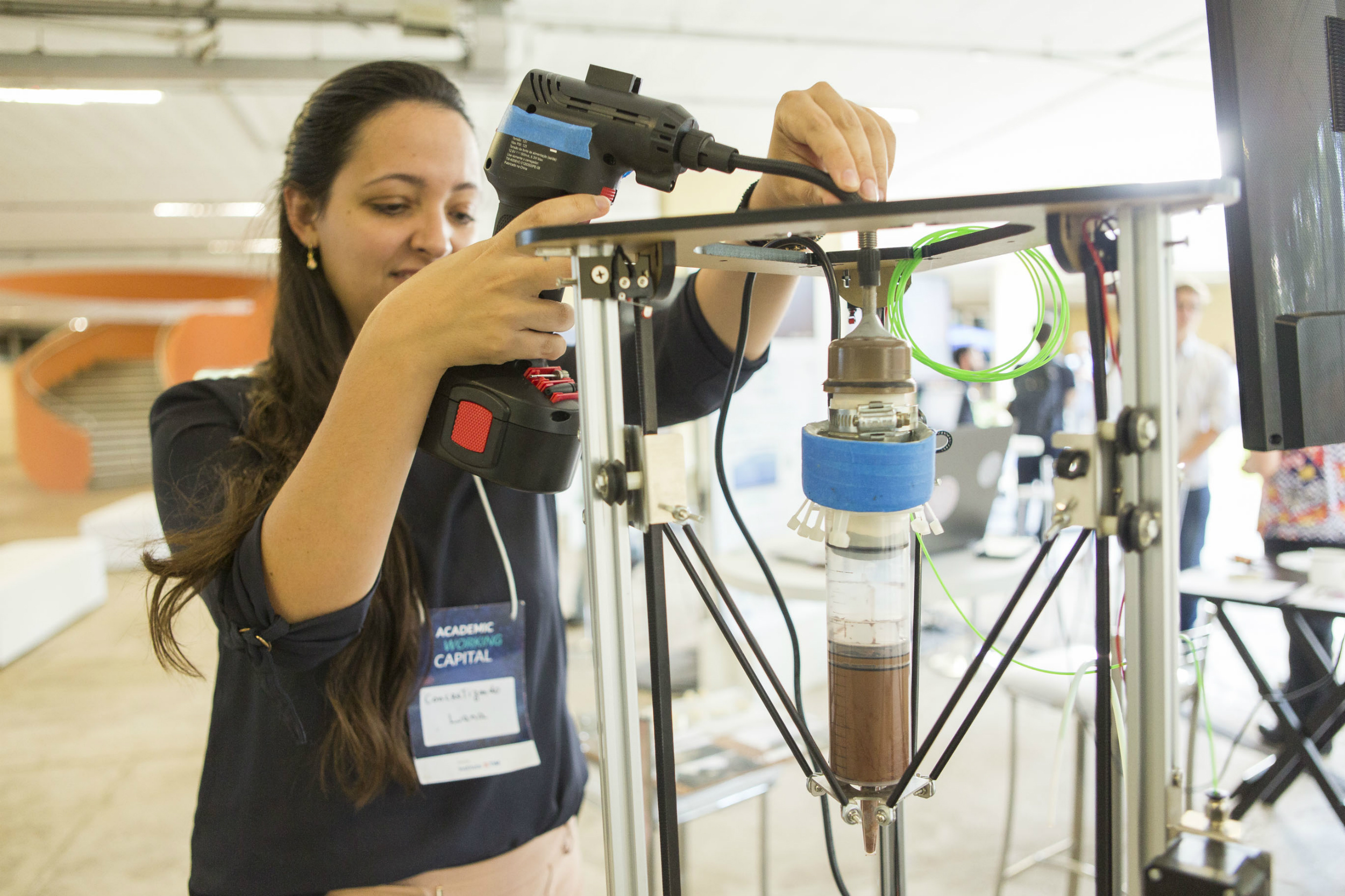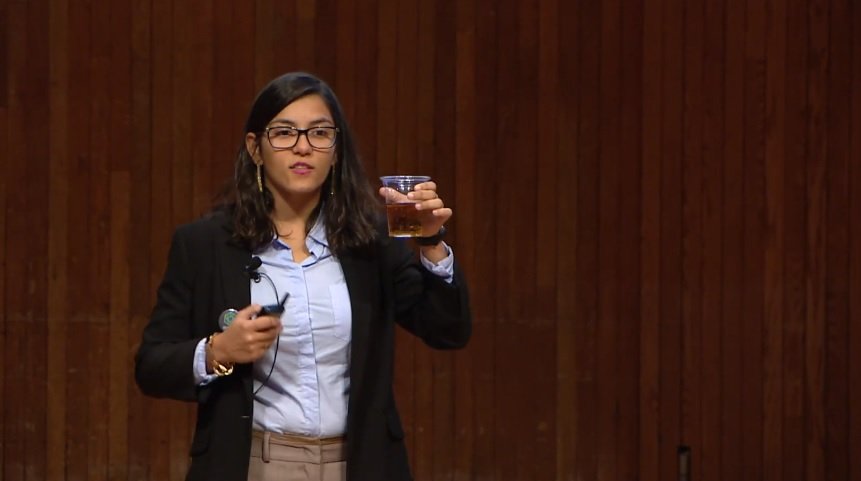Students participating in the AWC progress in the creation of their businesses

On April 10 and 11, the 4th Academic Working Capital (AWC) Workshop was held for the nine participating student groups. The meeting, which took place in the on line format, had the theme ‘Structuring of Business Models’. The AWC is an entrepreneurial education program promoted by Instituto TIM and supports students who want to transform their Course Completion Project (TCC – Trabalhos de Conclusão de Curso) into a technology-based company.
The AWC methodology starts with the identification and validation of a problem, goes through the construction of the solution for the challenge identified – product or service – and the current moment is to think about structuring the business model, and how to make it sustainable. Over two days, the students attended presentations and talked with the program’s monitors and with guest Daniel Barziley, CIO of the B4A platform.
The Workshop began with a description of the Business Model Canvas (BMC), a strategic management tool that allows you to develop and outline a new or existing business on a single page. It is a pre-formatted visual map containing nine blocks. “Our goal is for the groups to be able to generate a first sale of the product or service they have created, that is, to get the first customer by the end of the program,” pointed out Belisa Godoy, from the AWC mentoring team.
In the sequence, the panel ‘Show me the Money’ discussed possible sources of revenue in different types of businesses, and showed some successful cases that diversified and increased their sources with good ideas, and using already existing resources. In the panel ‘Business Models in Practice’, Leandro Queiroz, AWC’s content coordinator and mentor coach, showed some cases of startups. “With the examples displayed, the participants learned about some innovative businesses and identified in each one who the customer was, what the product or service was, and means that generates money,” he explains. The AWC team also gave a presentation about sales channels and strategies.
In the panel ‘Bootstrapping is the new Orange’, led by professor Marcos Pereira Barretto, academic coordinator of the AWC, and entrepreneur Lucas Moreira, possible ways to begin the creation of a startup in financial terms were shown. “We tried to bring in this workshop, besides panels with practical information, elements for reflection,” said Barretto. Guest expert Daniel Barzilay talked about pricing strategies. “In a startup it is not a simple math as in large companies. The greater your competitive advantage, the more chance you have to impose your price on the market,” he said.
With the information brought by the experts, the groups deepened the structuring of their business models during the Working Time moments on the two days of the meeting. Using the canvas model the university students worked out and defined the information regarding the customer, products, services and monetization.
There will be two more Workshops before the Investment Fair, which marks the ending of the edition. Since its creation in 2015, the AWC has supported the development of 142 innovative projects, with the participation of about 400 students from 42 universities across Brazil, and 49 startups have been created. The ones interested in receiving information about the project, or to pre-register for a new cycle, can register on the AWC website.





































































































